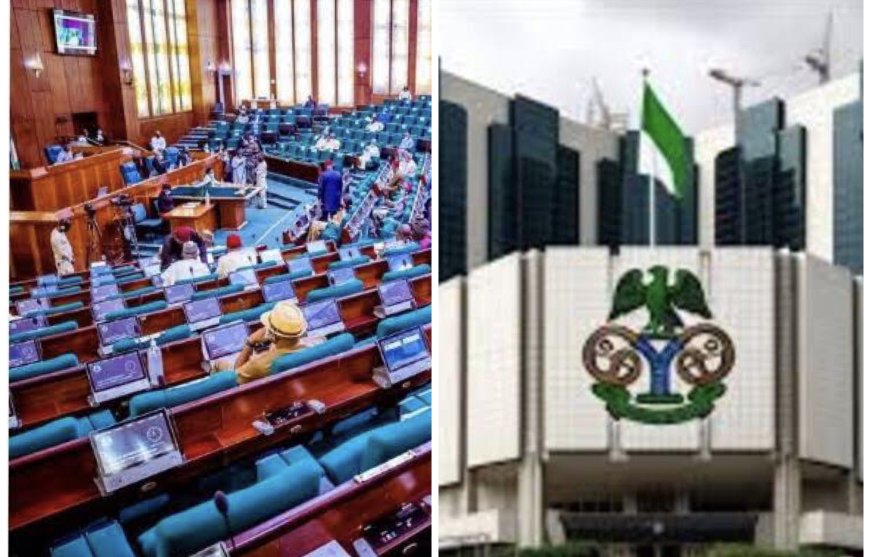Reps Halts CBN Moves To Retire 1000 Staff

The House of Representatives has directed the Central Bank of Nigeria (CBN) to suspend the retirement of 1,000 staff and the associated payoff scheme until an investigation is completed.
The House decided to investigate the mass retirement of over 1,000 CBN employees to evaluate the criteria, process and legality of the action.
Additionally, it seeks to examine the N50 billion payoff scheme to ensure transparency, accountability, and appropriate use of funds.
An ad hoc committee will be established to engage with CBN leadership to assess the potential economic and institutional effects of retirements on Nigeria’s financial sector.
The motion of urgent public importance was sponsored by Kama Nkemkama (LP, Ebonyi), who urged the federal ministry of labour and employment to protect the rights of the affected staff according to Nigerian labour laws.
During the debate, Nkemkama drew attention to media reports suggesting that the CBN plans to retire over 1,000 staff members as part of its restructuring under the Acting Governor’s leadership.
He noted that the CBN has reportedly announced a N50 billion payoff scheme for the affected staff as part of its human resource reorganisation strategy, claiming that the process will ensure fairness and equity.
Nkemkama raised concerns about the sudden mass retirement of over 1,000 employees, including directors and senior management, questioning the selection criteria, transparency, and adherence to due process per public service guidelines and labour laws.
He emphasized that such a major decision has socio-economic implications for the individuals affected, their dependants, and the wider economy, potentially leading to increased unemployment and public discontent.
The lawmaker also warned that the reported N50 billion payoff scheme may lack adequate accountability and oversight, posing risks of mismanagement and misuse of public funds in a sector crucial to Nigeria’s financial stability













































